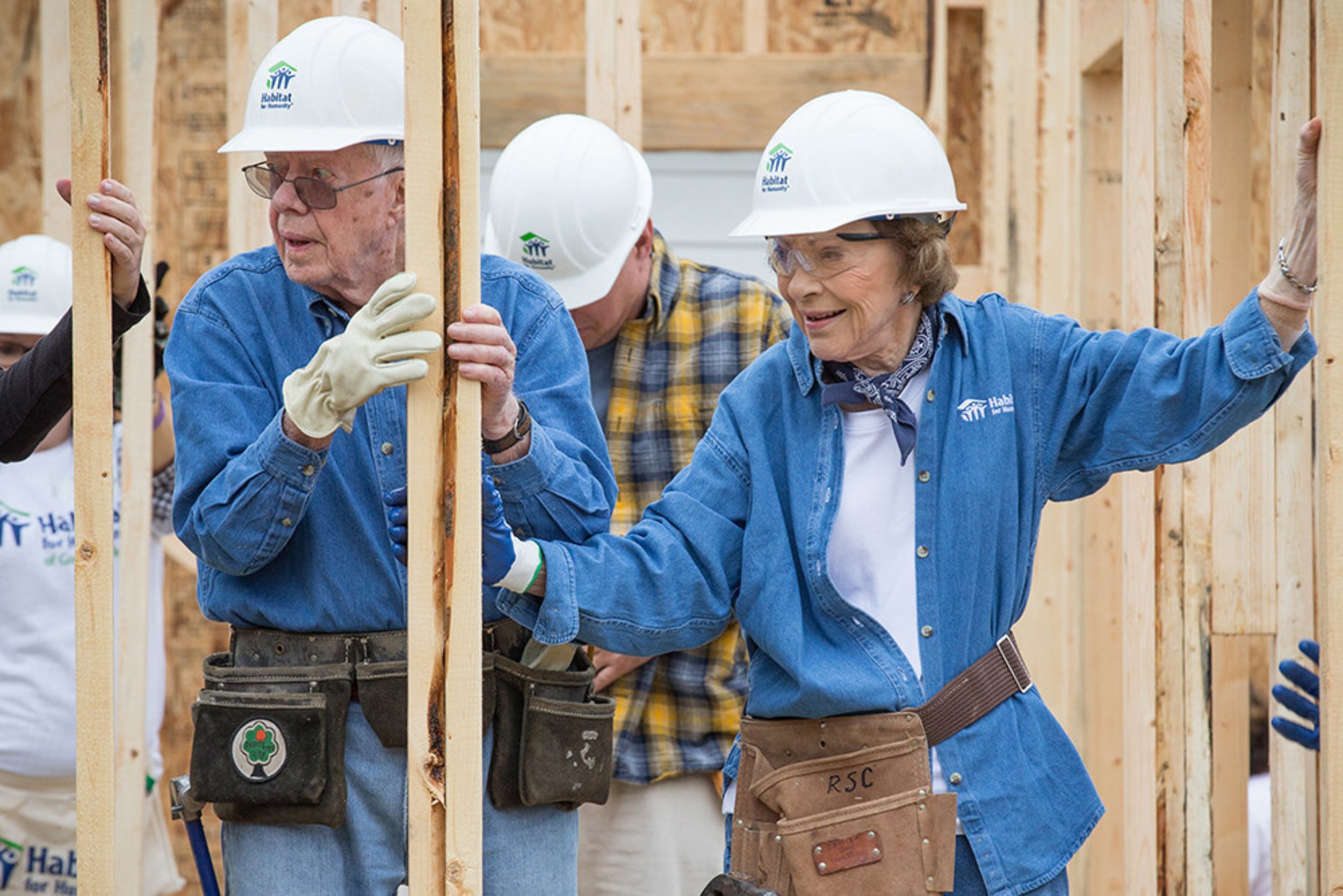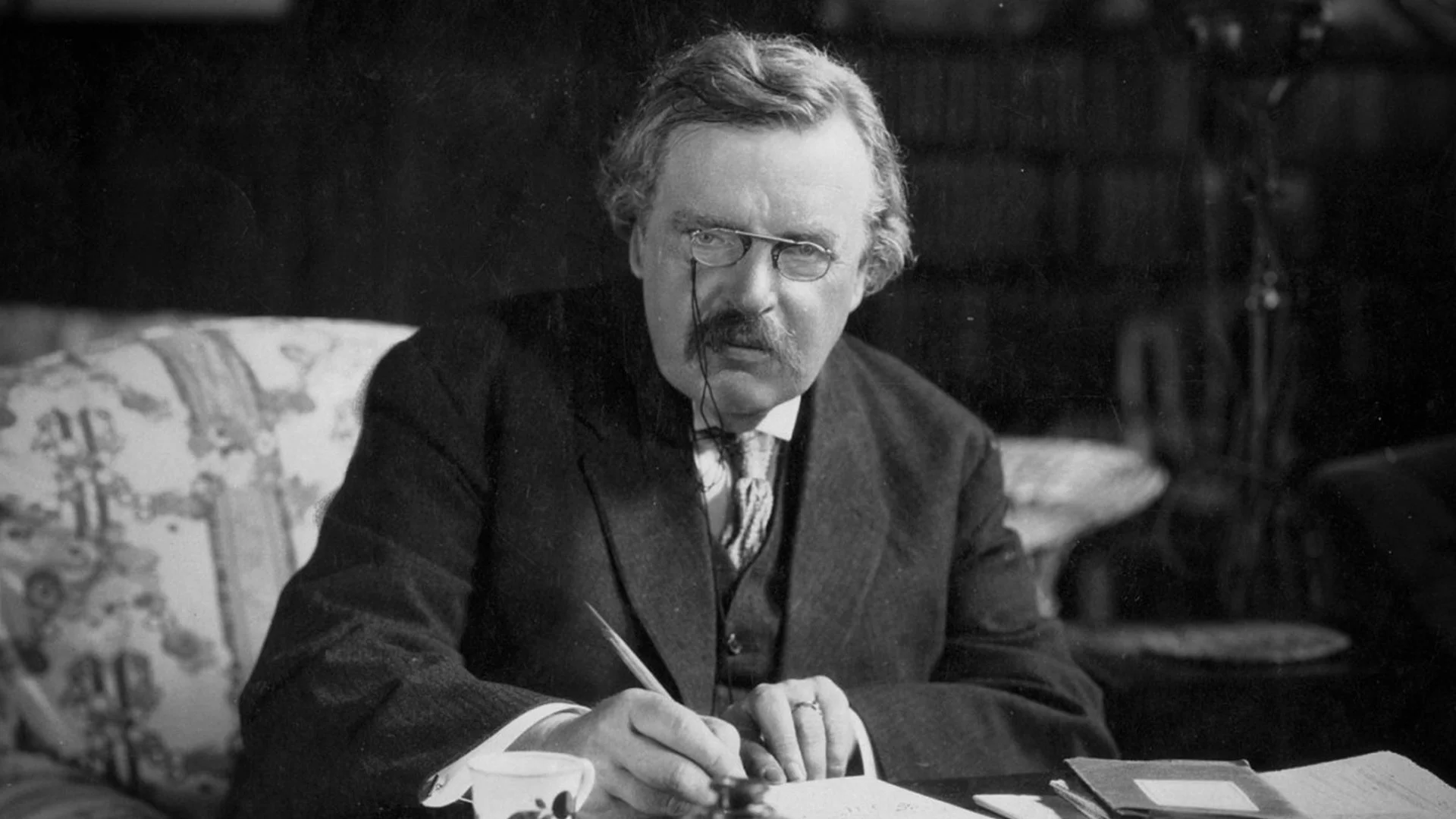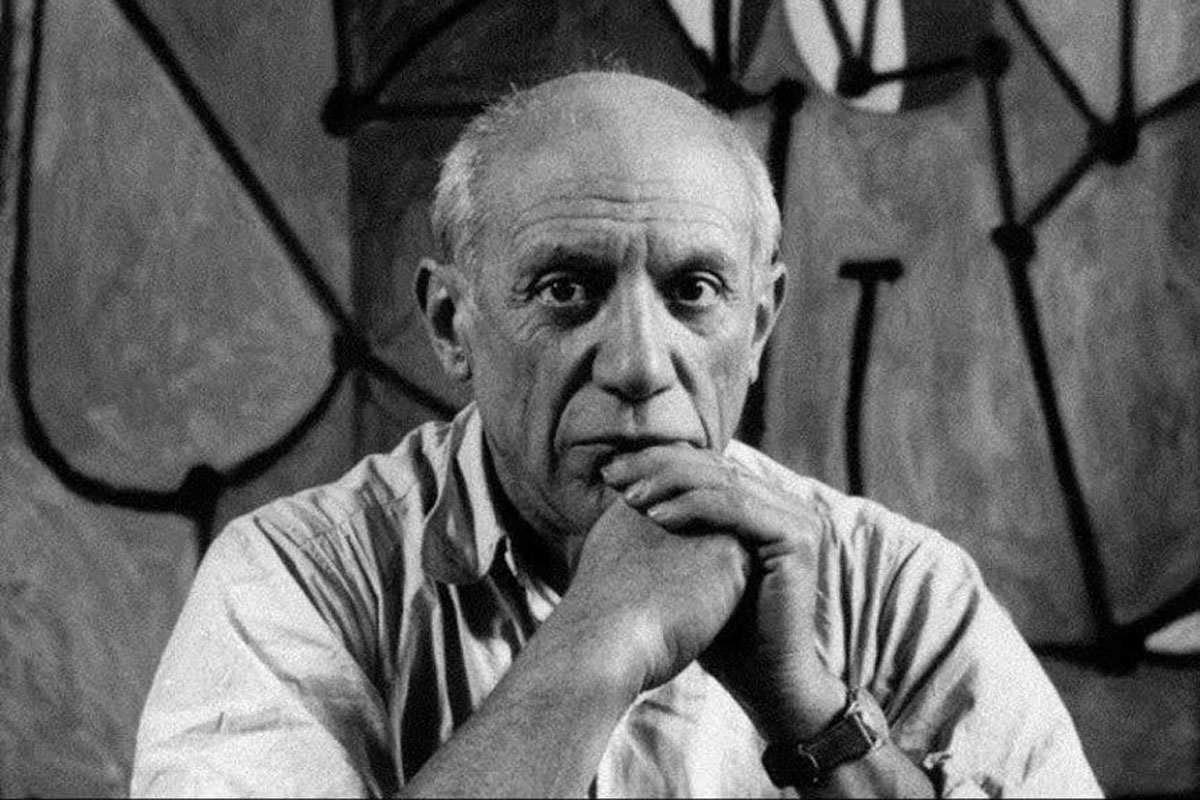This series of articles seeks to examine the character attributes of highly successful leaders, regardless of their adherence to a strong faith or moral standard. In presenting these thoughts, Leadership Ministries is not agreeing with or advocating these traits or practices, but rather presents these as ideas for discussion and development in your own leadership journey.
James Earl “Jimmy” Carter, Jr. (1924 - 2024) was an American politician and humanitarian who served as the 39th President of the United States, from 1977 to 1981. At age 100, he was the oldest living former President and the longest-lived President in US history. Born and raised in Plains, Georgia, he graduated the Naval Academy in 1946, and served in the US submarine service. After his time in the military, he returned to Georgia to revive his family’s peanut farm, and became involved in politics and civil rights causes.[1]
Carter served as Governor of Georgia from 1971 to 1975. A dark-horse candidate for President, he narrowly won the Democratic nomination, then beat Republican incumbent Gerald Ford, and was elected President in 1976. Carter’s presidency is generally considered among the worst in modern history, with economic and international crises marring his time in office.[2] Carter, though, is regarded as an honest man and genuine citizen, and in the years following his presidency, he grew a reputation as a stateman and humanitarian. The New York Times remembered the President personally and positively: “Jimmy Carter was probably the most intelligent, hard-working and decent man to have occupied the Oval Office in the 20th Century.” What might we learn from this unlikely world leader?
The doubling of oil prices by OPEC, combined with a refinery shutdown, led to gas lines and high prices during Carter’s presidency. Photo: Getty Images
Don’t get mired in the malaise. Carter presided over an economy with crushing inflation and an energy crisis that quickly doubled the price of oil. There was a toxic waste crisis at Love Canal in the city of Niagara Falls, New York. Add the partial meltdown of a nuclear reactor at the Three Mile Island power plant. He responded to the Soviet invasion of Afghanistan by withdrawing from the Moscow Olympic Games, and escalating a US military buildup. His final year in office saw the Iran hostage crisis, which many believe contributed to his 1980 reelection loss.
Carter responded to each with policy action, but did not have the charisma and optimism that was typical of a leader in “tough times”. He wasn’t effective in dealing with the media and had a terrible relationship with members of Congress. He gave a televised speech on the various crises the nation faced, saying, “It is a crisis that strikes at the very heart and soul of our national will. We can see this crisis in the growing doubt of the meaning of our own lives and in the loss of unity and purpose as a nation. The erosion of confidence in the future is threatening to destroy the social and political fabric of the nation.” One scholar who summed up the speech noted that Carter had run in 1976 promising “a government as good as the people” but in the “malaise speech” suggested that the American people themselves were no good.[3] The “attitude of malaise” and the tone of Carter’s leadership were wrong for the time and cost him politically.
Pursue what matters. Despite setbacks, in some areas Carter made excellent strides forward. His negotiations with the Soviet Union led to signing of the nuclear arms reduction treaty (SALT II). He transferred the Panama Canal back to Panama, ending a decades-long controversy. He granted unconditional amnesty to Vietnam War draft evaders, putting a final end to US involvement in the conflict. He also mediated talks between Egypt and Israel, resulting in Egypt formally recognizing Israel for the first time, along with the Camp David Accords, which formally ended the war between the two states. The Departments of Energy and Education were formed during his administration. He deregulated airlines, leading to a sharp decline in ticket prices and an explosion of air travel over the next decade.
Fifty-two Americans were held hostage by a group of militant Iranian college students who took over the U.S. Embassy in Tehran. The crisis lasted 444 days. Photo: Getty Images
Following his presidency, Carter continued negotiating on behalf of the United States in various foreign affairs. In 1994 he went to North Korea for President Clinton. In 1999, he visited Taiwan. In 2007 he joined Nelson Mandela in South Africa to work on human rights issues. He would also pursue human rights work in Sudan, Cyprus, Korea, Israel, Jordan, Syria and Zimbabwe. Though criticized by some for “meddling” in foreign affairs, Carter became a trusted statesman and negotiator following his time in office, and for the next three decades. In 2002, Carter won the Nobel Peace Prize for his human rights work and peace negotiations around the world. He wrote, “I have one life and one chance to make it count for something… My faith demands that I do whatever I can, wherever I am, whenever I can, for as long as I can with whatever I have to try to make a difference.”
Keep working on what you believe in. Carter had the longest post-presidency in US history—more than 43 years. Through the Carter Center, located in Atlanta, the former president advanced the cause of human rights and alleviated suffering from its formation in 1982. His work with the WHO led to the near-eradication of Guinea worm disease—from 3.5 million cases in the mid-1980s to just 25 cases in 2016. In 2019 he became Honorary Chair of the World Justice Project. He taught Sunday School weekly at Maranatha Baptist Church until the Pandemic of 2020, and taught government at Emory University for 37 years, ending in 2019.
The Carters are responsible for building more than 4,000 affordable houses with Habitat for Humanity, utilizing 100,000 volunteers in more than 40 countries, over a span of 40 years. Photo: Habitat for Humanity
Carter is most known for his involvement with Habitat for Humanity, a nonprofit organization that builds and renovates low-cost housing for the homeless. He wrote, “The measure of a society is found in how they treat their weakest and most helpless citizens.” His post-presidential activities are viewed in an exceptionally favorable light. A Texas paper recently wrote of Carter, “He was a fundamentally good and decent person. It is no exaggeration to say that no American president has used their post-presidency more effectively to continue to do good work and reshape our world.” Carter died at the age of 100 on December 29, 2024.


































Frank Winfield Woolworth was an American entrepreneur, and founder of the F. W. Woolworth Company. He pioneered the retail variety stores which featured low-priced merchandise selling for 5 and 10 cents.